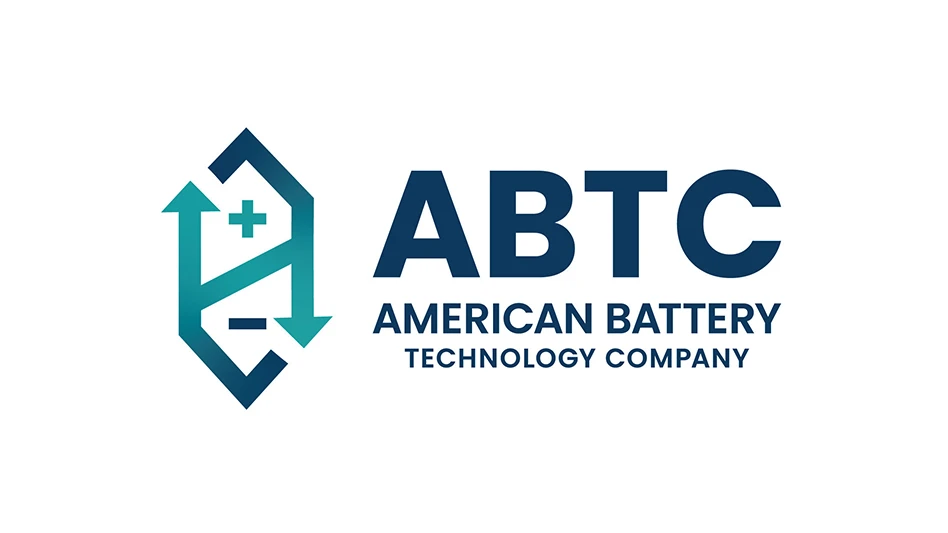
ยงยุทธ จันทะบุตร | stock.adobe.com
Lithium-ion batteries power our modern world, driving devices from phones to electric cars.
However, as these batteries reach the end of their lifespans, they become hidden hazards in recycling operations. At Recycle Management LLC, a family-run business operating several facilities across the Mid-Atlantic, we’ve witnessed this danger up close. Tiny lithium-ion batteries—sometimes no bigger than a dime—are sneaking into our scrap metal piles, sparking fires that threaten our workers, equipment and the environment. This isn’t just our problem; it’s a widespread crisis demanding swift, collective action from the recycling industry.
A growing risk in plain sight
Every day, our busiest sites process more than 100 tons of metal per hour. Mixed within this flood of material are lithium-ion batteries, often tossed out carelessly with old gadgets or scrap. When crushed or pierced during sorting, these batteries can burst into flames or explode. The resulting fires burn hot and fast, resisting efforts to extinguish them, and they’re happening more often as battery use skyrockets globally.
Spotting these batteries is a daunting task. Picture a small battery buried in a rushing torrent of metal—it’s nearly invisible. We’ve tried thermal cameras to catch heat surges and trained our team to handle these incidents, but the danger persists. When fires break out, recyclers like us often take the blame, even though the real issue starts with how these batteries enter the waste stream. A recent blaze at a recycling plant in Camden, New Jersey, drove this point home, exposing the dire need for better safeguards.
Taming the threat with RFID technology
We can’t wait for government rules to catch up—this is on us, the recycling industry, to solve. Our proposal? Team up with battery makers to embed RFID (radio frequency identification) tags in new lithium-ion batteries and the devices they power.
The plan in action:
- In production, manufacturers would add tiny, powerless RFID tags to batteries or their products. These tags are cheap and already common in tracking goods across industries.
- At recycling facilities, sorting lines would be equipped with RFID scanners. As scrap moves through, the scanners would flag tagged batteries, letting workers pull them out safely before disaster strikes.
This approach could transform how we handle lithium-ion batteries, stopping fires before they start.
Beyond recycling, RFID tags could help elsewhere. Think of airports scanning luggage to catch batteries that might spark midflight—a real worry after several close calls. While that’s a bonus, the main win is safer recycling.
Hurdles to overcome
This idea isn’t flawless. Tagging every battery adds a small cost to production, though the tags themselves aren’t pricey. The bigger issue is logistics—billions of batteries roll out yearly, so we’d need universal standards for tags and scanning tech. Plus, in metal-heavy settings like ours, RFID signals might get scrambled, complicating detection.
But compare that with the cost of inaction: wrecked gear, halted operations, legal headaches and lives at risk. For an industry under pressure, investing in prevention beats firefighting—literally and financially.
Rallying the industry
No single recycler can fix this alone—it’s a team effort. I'm calling on the Recycled Materials Association (ReMA), our industry’s leading voice, to lead the charge. By linking up with battery producers, tech experts and recyclers, ReMA can push RFID tagging as a norm.
This industry-driven fix skips the red tape of regulations, letting us act fast.
Time to act
Lithium-ion batteries are engineering wonders, but in the waste stream, they’re bombs waiting to go off. At Recycle Management LLC, we’re ready to tackle this head-on, and we’re asking the recycling world to join us. With RFID technology, we can shield our workers, facilities and neighborhoods while making the supply chain safer. The solution’s here, the clock’s ticking, and the risks are real. Let’s unite to stop the next fire before it begins.
Jody Salyard is CEO of Recycle Management LLC, based in Harrisonburg, Virginia. The company operates a network of scrapyards in Virginia, including a shredder yard in Harrisonburg. Learn more here.
Latest from Recycling Today
- Circular by Shapiro releases "5 for Five" sustainability series
- Graphic Packaging set to close Ohio CRB facility
- Ameripen voices support for Maryland EPR bill
- Matalco to close Canton, Ohio, plant
- Maryland county expands curbside recycling to include electronics
- California EPS ban will be enforced
- YKK AP America introduces BetterBillet
- Fresh Perspective: Cameron Keefe







